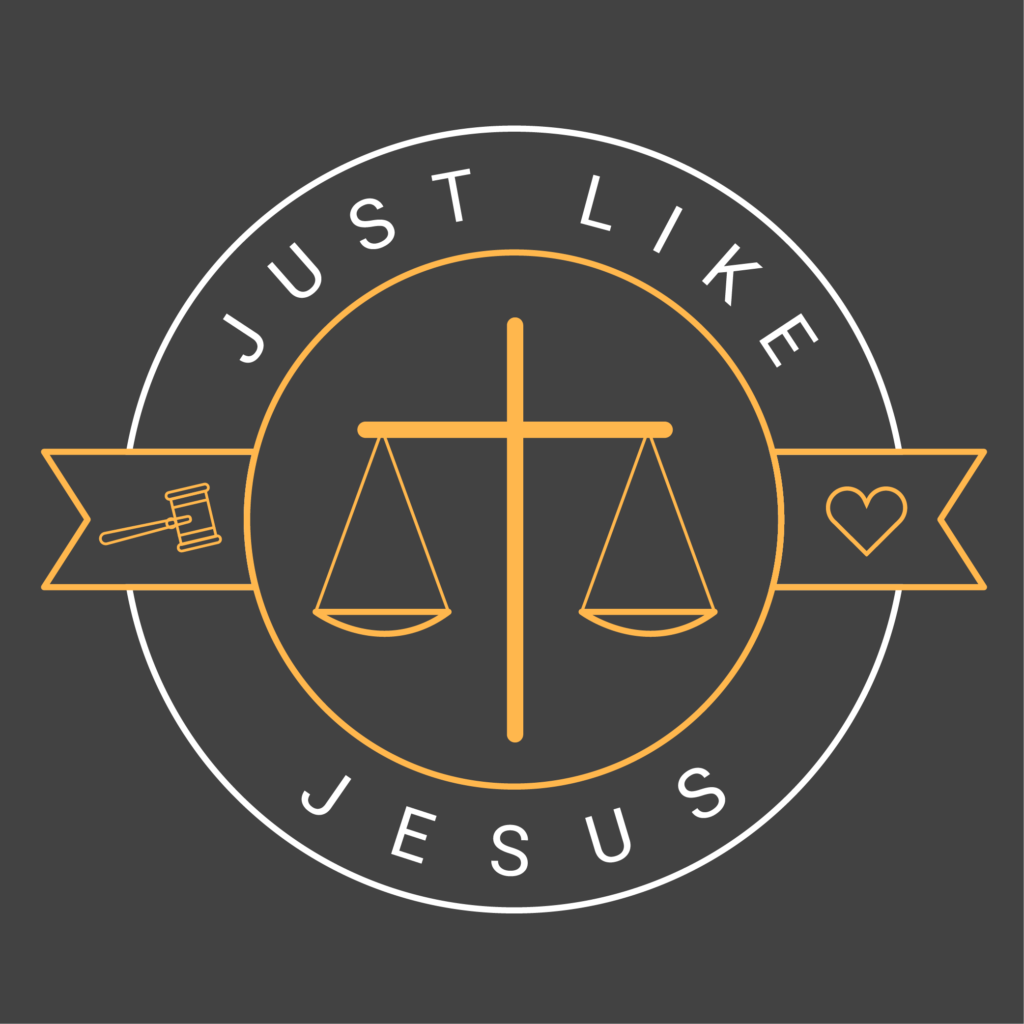
With all the noise in the world, do you hear the voice of God? Your calendar tells you what to do, but do you remember who you are? Being comes before doing. This is a call to put first things first. Return to the Lord with this daily pattern of prayer and devotion. Set aside this time as a sanctuary. Find a space free of distraction and follow this pattern.
Invocation
In the name of the Father, and of the Son, and of the Holy Spirit. Amen.
Word
To grant to those who mourn in Zion— to give them a beautiful headdress instead of ashes, the oil of gladness instead of mourning, the garment of praise instead of a faint spirit; that they may be called oaks of righteousness, the planting of the Lord, that he may be glorified. (Is. 61:3)
Reflection
In the following passage from Latasha Morrison’s New York Times bestselling book, Be The Bridge, she explains how our Christian faith can bridge the gap between Christians from the majority culture with those who are not from the majority culture in the United States. She also points out a key component that is necessary to unify the two groups.
As Christians of differing ethnicities, we share a common heritage, a common memory. We are reminded who we are and whose we are through our salvation history. We remember how Christ’s sacrifice on Calvary connects us to the family of God, connects us eternally to one another. In our Christian faith, our memory is embodied in various communal and liturgical acts. In common prayer, in communion, in baptism, we are reminded that all our stories are wrapped in and intertwined with God’s story. And as brothers and sisters in Christ, we must not only share our foundational memories and practices of faith but also share and understand our personal and ethnic histories. To participate in the family of Christ alongside the non-White culture, the majority culture must understand non-White perspectives and the truth of historical narratives.
Be The Bridge, Latasha Morrison (pg. 24)
Without understanding the truth of racial injustice, both majority-culture and non-White-culture Christians will find themselves mired in dissonant relationships. If we avoid hard truths to preserve personal comfort or to fashion a facade of peace, our division will only widen.
Jesus can make beauty from the ashes, but the family of God must first see and acknowledge the ashes.
If you are a Christian from the majority White culture in the United States, what resources might help you better understand Christians who are not from the majority White culture in the Unites States? How can we dignify those from other communities and cultures by foregoing comfort and looking into the “ashes”.
Prayer
O God, you always do something new from the rubble. You make beauty from ashes. Take our lives – broken as they may be – and fashion us in the image and likeness of your Son Jesus. Amen.
